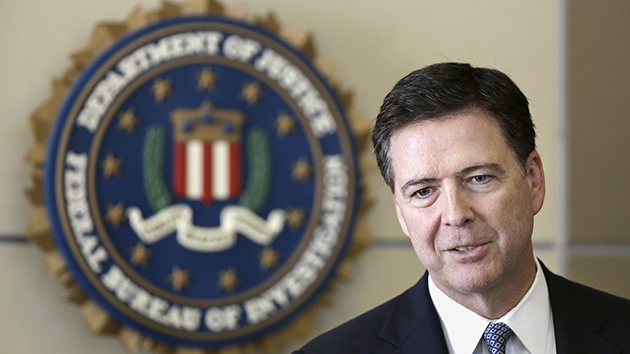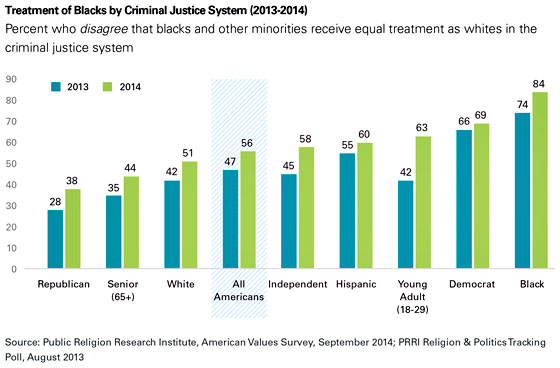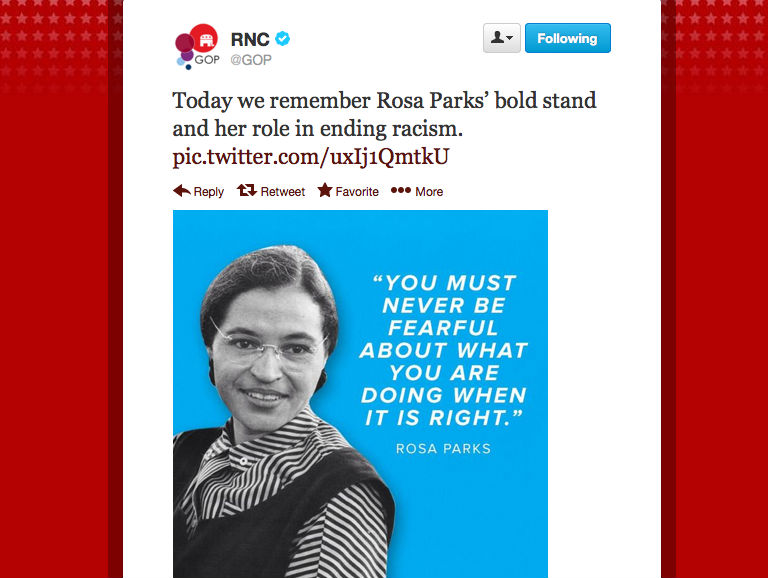
Chris Hayes sits down with CBS's Nancy Giles and DJ Jay Smooth. MSNBC
Judging from its reception on social media yesterday, Starbucks CEO Howard Schultz’s just-announced kumbaya pipe dream is destined for eternal ridicule. The company hopes to address racism by slapping the words “Race Together” on coffee cups and forcing its baristas to coax customers into unsolicited discussions about race relations.
To get a preview of what’s coming, check out this conversation between CBS’s Nancy Giles and DJ Jay Smooth during an appearance on last night’s All In with Chris Hayes.
Giles: “I can’t not tease Jay about the kinda, like, brotha way he was trying to talk. Like, ‘Hey,’ with the rap music in the background, and like down with the people.”
Smooth: “I’m a rap guy!”
Giles: “Yeah, I know, but it’s another interesting funny thing about race. There would be some people that would feel that you co-opted something like that, and other people might feel like, ‘That’s his background, and that’s really cool too.’…These are conversations, you know, ‘Yo, like ya know, yeah, if somebody takes my wallet,’ I mean, it’s really interesting.”
Smooth: “It’s also interesting, because I’m actually black, but you assumed otherwise. And this is the sort of awkwardness we can look forward to at Starbucks across America.”
Giles notes early on that the campaign’s purpose seems noble and that conversations about race should be encouraged. But as the conversation reveals, Starbucks’ bold venture into race relations reeks of clumsy naiveté. Let’s save our baristas the trouble.














